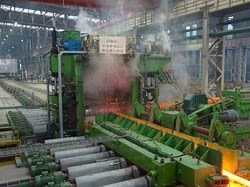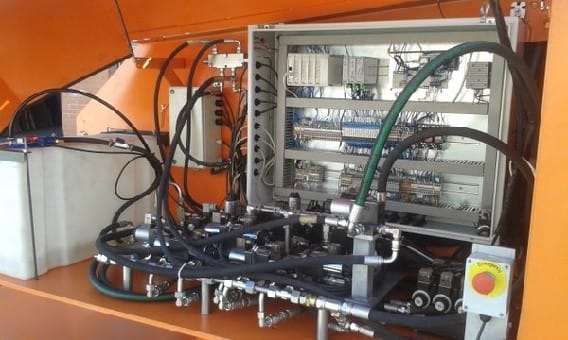Raspberry PI and Arduino in industrial environments
Follow articleHow do you feel about this article? Help us to provide better content for you.
Thank you! Your feedback has been received.
There was a problem submitting your feedback, please try again later.
What do you think of this article?
Raspberry PI and Arduino boards are the most famous devices for rapid electronic prototyping and DIY home applications. However, their capabilities and flexibility are still largely under estimated in the industrial environment.
Raspberry PI and Arduino flexible programming, customizable signal types and easy adaptation to the existing installations can offer many benefits to the industrial world.
For instance, they could be great low cost and flexible alternatives to the usual industrial devices for adding remote control and monitoring functionality to small legacy industrial systems.
The 3 most common concerns about the use of such development boards in the industrial environment are:
- Robustness in industrial environments
- Safety
- Industrial standard communication protocols
Robustness in industrial environments

Hardware like the
Industrial Shields Arduino based PLCs and Raspberry based panel PC provide already include the extra robustness needed to meet industrial needs.
Alternatively, there are various industrial standard enclosure specifically developed to accommodate the two boards.
Case study – Video - Blasting Robot
Blasting robot fully automated and remotely controlled with Industrial Shields, Arduino based, PLCs.
Case study - Multisensory Retail management system with Raspberry PI
Multisensory Retail management system for audio, video, lighting and fragrances synchronization developed by TairolRadio for the San Siro football stadium in Milan (A.C. Milan and Internationale football clubs)
Safety
This is probably the most controvert and discussed topic in Internet: Are Raspberry and Arduino boards, and related based hardware, safe solutions for the industrial applications? There is not a simple answer, it depends by many factors and require for sure a change in the mind-set of the engineers.
The safety of an industrial application does not only depend by the PLC; It always matter of the integrity of the full project, how the systems and software are implemented and how the safety have been considered when designing the project.
Here an interesting debate between engineers that approach this topic for different angles
Case study – Fortaps automated their production plant with Industrial Shields, Arduino based, PLC
Industrial standard communication protocols
This is where the flexibility of Arduino and Raspberry PI comes over. Modbus foundation has developed specific libraries to allow the two boards to communicate via their protocol.
Modbus is a serial communications protocol developed by Modicon (acquired by Schneider Electric) for its programmable logic controllers (PLCs); it has become the most common and adopted by many automation manufacturers such as Omron, Opto 22, Schneider and Mitsubishi.
The main reasons for the wide adoptions of Modbus in the industrial environment are:
- developed for industrial use
- royalty-free and open published
- easy to use, install and maintain
- few restrictions on vendors
Modbus allows many different devices, connected to the same network, to communicate together regardless the OEMs. The needs of putting in communication different devices from different manufacturers has become even highly important with the arrival of 4th industrial revolution; The Industry 4.0 and the Industrial IoT have given a second childhood to Modbus.
Hereafter to example of Arduino and raspberry PI applications running Modbus
Video - Raspberry PI and Modbus
Video - Arduino and Modbus
The following articles show how to remotely control HVAC systems by using Arduino based hardware and SCADA.
SCADA
(Supervisory Control And Data Acquisition) is another industrial system for remote monitoring and control that operates with coded signals over communication channels (using typically one communication channel per remote station). The SCADA library for Arduino are openly published as well.
Remote control of a HVAC system via Arduino based PLC
Conclusions
Arduino and Raspberry PI, in their ruggedized version, can be valuable and reliable alternatives to the well-established industrial devices (especially to connect to the internet of things small legacy industrial systems) pending an ad-hoc design of project to ensure safety.



